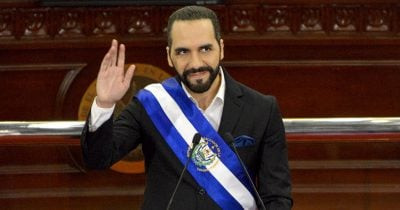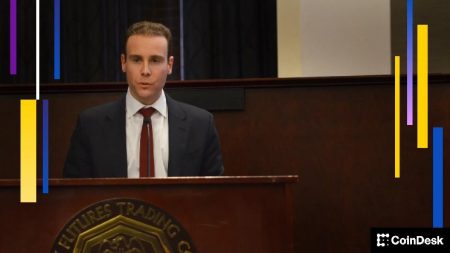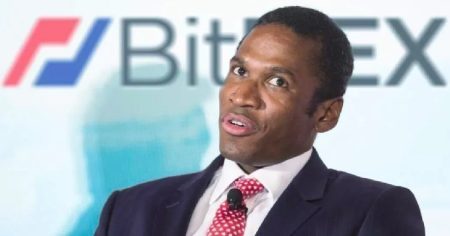El Salvador’s journey with Bitcoin, once hailed as a groundbreaking experiment in monetary policy, has reached a critical juncture. The nation has secured a $1.4 billion loan agreement with the International Monetary Fund (IMF), a deal that necessitates a significant recalibration of its Bitcoin strategy. The agreement, pending approval from the IMF Executive Board, mandates that Bitcoin adoption be voluntary, signaling a retreat from the government’s earlier ambitious plans to make it a legal tender alongside the US dollar. This agreement underscores the financial challenges faced by El Salvador and the IMF’s cautious approach to the integration of cryptocurrencies into national economies.
The IMF agreement outlines a series of fiscal consolidation measures aimed at strengthening El Salvador’s economic foundation. The primary objective is to achieve a 3.5% improvement in the primary balance – the difference between government revenue and non-interest expenditures – over the next three years. This fiscal discipline is crucial to address the country’s growing public debt, which is projected to reach 85% of GDP in 2024. The IMF program also anticipates securing an additional $3.5 billion in financing from the World Bank and regional development banks. This combined financial support package is designed to bolster El Salvador’s economic reforms and put it on a path toward sustainable growth and debt reduction.
A key element of the agreement is the scaling back of Bitcoin’s role in the Salvadoran economy. While Bitcoin will remain legal tender, its use will become largely voluntary, particularly within the private sector. The government will limit its own involvement with Bitcoin, accepting taxes only in US dollars. This move effectively reverses the earlier policy that obligated businesses to accept Bitcoin as payment, a move that faced resistance and raised concerns about financial stability. Furthermore, the government plans to gradually phase out the Chivo e-wallet, a state-backed platform designed to facilitate Bitcoin transactions. These actions reflect a pragmatic assessment of the challenges and risks associated with widespread Bitcoin adoption in a developing economy.
The timing of the IMF agreement coincides with a period of volatility in the cryptocurrency market. Bitcoin’s price experienced a significant decline following its all-time high, reflecting the broader market turbulence influenced by factors such as the Federal Reserve’s monetary policy decisions. This price volatility likely contributed to the IMF’s cautious approach to El Salvador’s Bitcoin experiment, underscoring the inherent risks associated with relying on a volatile asset for national economic stability. Despite these challenges, El Salvador’s economy has demonstrated resilience, supported by robust remittances from citizens working abroad, a growing tourism sector, and improved security conditions.
The shift in El Salvador’s Bitcoin policy, as outlined in the IMF agreement, represents a significant departure from the initial vision of embracing cryptocurrency as a primary driver of economic transformation. The move towards voluntary adoption acknowledges the practical challenges and potential risks associated with widespread Bitcoin integration, particularly in a developing economy. The focus now shifts to strengthening traditional fiscal policies, reducing public debt, and fostering sustainable economic growth through more conventional means. The $1.4 billion IMF loan, along with anticipated funding from other international institutions, provides a crucial lifeline for El Salvador to address its fiscal challenges and pursue a more balanced approach to economic development.
While El Salvador’s Bitcoin experiment has encountered significant hurdles, the country’s economic outlook remains positive. The IMF agreement provides a framework for fiscal stability and debt reduction, supported by a substantial financial package. Furthermore, El Salvador’s underlying economic strengths, including strong remittances, growing tourism, and improved security, offer grounds for optimism. The shift towards a more cautious approach to Bitcoin integration reflects a pragmatic assessment of the challenges and risks associated with cryptocurrency adoption. Moving forward, El Salvador will likely focus on leveraging its traditional economic strengths while exploring more measured and sustainable ways to integrate digital currencies into its financial system.








![Standard Chartered Cuts Bitcoin and Ethereum Forecasts, Predicts Bottom by [Date] at $[Price]](https://commstrader.com/wp-content/uploads/2026/02/3f2a2e40b5435ea86ade84c25b7ee76c02e7fe3c-450x300.jpg)




